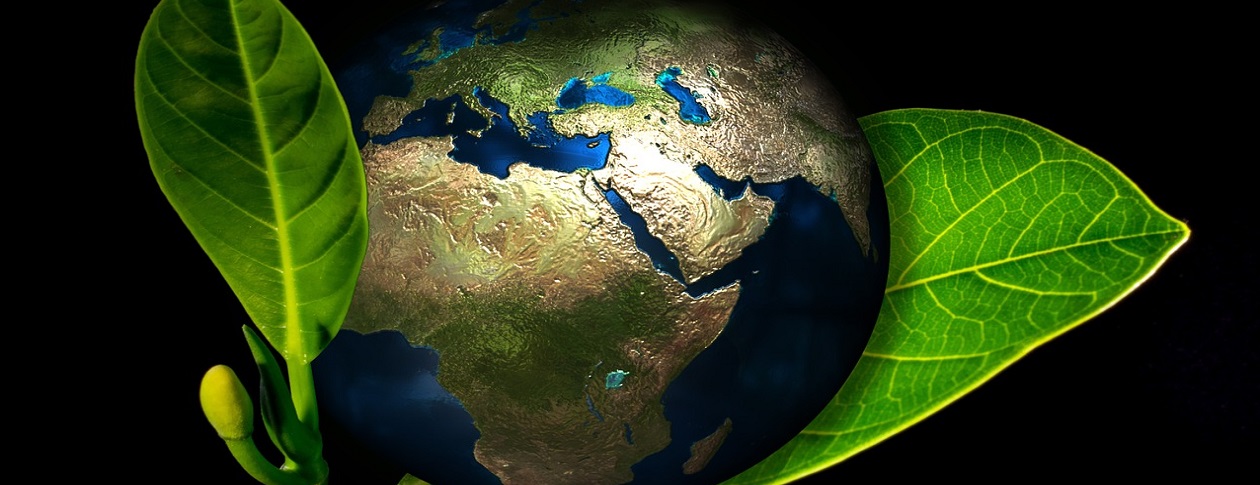The past couple of weeks encapsulated the mercurial world of climate politics. As parts of the Alps crumbled, 7.2 million Bangladeshis dealt with the ‘worst floods in memory’ and the EU, US and China suffered record temperatures, US judges nixed a key climate plan, the UK energy chief transferred climate cash to fund defence, and G7 leaders agreed climate change is a bad thing and they should do… something.
Bangladesh is no stranger to rains or foods, but June 2022 will go down as one of the worst deluges yet. Millions are stranded as the water continues to fall and rivers rise, leaving homes, lives and businesses destroyed. “I’ve never seen a flood like this,” 70-year-old Abdus Sattar told the NYT. Climate change is a factor say scientists; the situation is “deteriorating rapidly” says the UN; and 15% of household income in Bangladesh is spent on dealing with climate impacts, says the IIED.
Fallout from the US Supreme Court ruling that limits the federal government’s ability to regulate greenhouse gases may reverberate for years. The Environmental Protection Agency’s (EPA) powers formed a core part of the US 2030 climate target – 50%-52% cuts on 2005 levels by 2030. The White House now needs to hustle in Congress & across supportive states to rescue its climate agenda.
The US fossil fuel industry has spent decades fighting government regulation, and industry front groups played a major role in the selection of justices who ruled against the EPA’s pollution regulation authority. Many members of Congress, such as West Virginia’s conservative Democratic Senator Joe Manchin, have also made a significant amount of money from fossil fuels.
But with 72% of US citizens supporting moves to regulate CO2 as a pollutant, analysts say there’s still hope for climate action. The EPA can still regulate particulate matter and toxic substances. Between $350bn-$500bn in clean energy credits are still on the table in Congress, while states can still regulate emissions from the power sector. Meanwhile Rhode Island just set the most ambitious 100% target yet, aiming to reach a fully renewable power sector by 2033, and California will soon vote on a $53.9bn climate package.
Legal threats
Fresh from a flaccid G7 with little to show on climate except tidal waves of rhetoric, Germany hosts the Petersberg Climate Dialogue – an annual gathering of envoys and officials. It comes as European Parliament members say they will sue the European Commission if proposals to label gas ‘green’ under new taxonomy plans are approved. Member States Austria and Luxembourg have also previously announced their intention to take the decision to court. Should gas get the greenlight, some of the €1 trillion EU Green Deal package could be used to invest in gas infrastructure, say analysts at SPGlobal.
In brief
-US owes UN climate body $12m, says secretariat
-Switzerland to bid for 2026 COP31 UN climate summit
-EU mandates 100% zero-emission car sales by 2035
-Egypt accused of restricting protest pre-COP27
-NZ-EU trade deal includes “sanctionable commitments” on climate
-Tougher US climate targets could save $3.7trn & 7.4m lives
-Global offshore wind plans rise from 429GW to 846GW
-UK govt advisors say credible climate policies lacking for 2030 target
–NATO to make climate part of ’10-year strategic concept’
-Extreme weather hit wheat supplies more than Russia war – ECIU
–Ibrahim Thiaw appointed interim UNFCCC chief
-Saudi Aramco climate plan to have ‘zero impact’ before 2035
Added to the G7’s nod to further gas investments in response to Russia’s war on Ukraine, this would see hydrocarbon chiefs (and the Kremlin) rubbing their mitts. Against the backdrop of Russia’s war in Ukraine, and the European Commission’s RePowerEU plan to phase out Russian fossil fuels’, classifying gas as a green investment would be “at odds with the overall direction the EU is taking”.
In more evidence of leading economies talking but not delivering, UK Business Secretary Kwasi Kwarteng tweeted he would be “surrendering” climate finance underspends to a $1bn Ukraine package. It’s not clear why the COP26 hosts would be underspending on climate, by how much, or what this means for its commitments, but it looks bad. UK defence spending & fossil fuel subsidies dwarf ODA & climate funds, as this chart from NRDC’s Joe Thwaites underlines.
This at a time when protests are taking place in the Philippines, Pakistan, India and Bangladesh to call on richer countries to stop the accumulation of unsustainable debt and deliver additional and non-debt creating climate finance for adaptation, mitigation and loss and damage, far beyond the unmet $100 bn/year pledge. The global debt justice movement & many developing countries want an unconditional cancellation of public external debt payments by all lenders – bilateral, multilateral and private – for all countries in need for at least the next four years.
All this means Egypt has a heavy lift in the coming months, with the Bonn UN talks ending “in acrimony” over splits on funding for loss & damage. A new wave of upgraded climate plans is expected by the UN’s Sept 23 deadline (see who needs to do what here) – Australia, Egypt, Indonesia, Mexico, Vietnam & Turkey are among those submitting new goals. Clean energy investment plans (JET-Ps) are likely to be key, with the G7 communique hinting India, Senegal, Indonesia and Vietnam are next in line.





